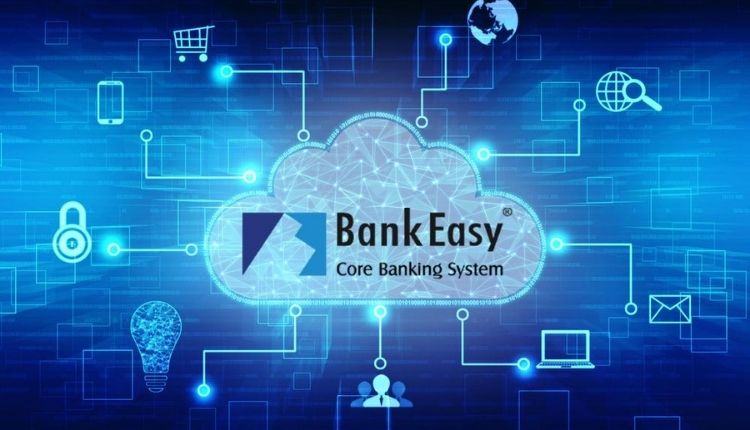A core banking solution benefits customers in several ways – round-the-clock access, quicker services, rural/remote area penetration and improved document management. Banks also reap the benefits – process standardization, better customer retention and considerable error eradication. Modern core banking systems are designed with a modular, atomic and generic design to increase scalability and flexibility. They can be deployed as an on-premise solution or a cloud-based one, depending on your preference.
Transaction Processing
The legacy core banking solutions systems are monolithic and slow to evolve with the changing market trends. This hinders service scalability and makes it difficult for financial institutions to comply with new regulations or develop products/services that enhance customer experience. A wide range of services offered by different CBS frameworks benefits customers or business bodies in multiple ways – round-the-clock banking, quicker services anywhere, anytime, convenience of banking processes through a single datacenter, etc. Banks benefit too, by standardizing their business processes, improving documents management and eradicating errors, increasing customer retention and better safety & compliance process.
Moreover, cloud-based solutions are on the rise because they enable banks to reduce infrastructure costs, quickly adjust to changing demands, and scale faster. CSI NuPoint, for instance, offers a complete suite of banking solutions that deliver scalability and security. Banks can also choose to add plugins like AI and ML for further functionalities. However, they must ensure that all these components are secure and meet compliance requirements.
Risk Management
Traditional core banking systems are based on monolithic architecture and run on a mainframe, which means they require a lot of hardware resources. They are also prone to issues like system renewal, upgrades, backup, security, and more. This makes them expensive and time-consuming to update. New-generation CBS solutions, however, offer better functionality and reliability. They can also integrate with various services to help improve a bank’s overall performance and customer experience.
For instance, Unisys’ Elevate is an open, cloud-native CBS solution with API-first design that helps banks scale faster and reduce IT burden. Another example is Fiserv, which provides technology and business process management services to more than 8,600 financial institutions. Its products include core processing, customer relationship management, payments, risk management, and data analytics. Its software is backed by more than 4,700 patents. The company also offers digital transformation and IT modernization services. Its Kinective platform connects fintechs, marketplaces and banks with one connection for better collaboration.
Analytics
Core banking solutions reduce operating costs by allowing banks to automate many manual tasks and cut down on support staff. In addition, these systems provide data-driven insights that can help them make better decisions about products and services. They also protect data from hackers and improve ROI. Choosing the right CBS solution depends on several important factors, including the organization’s specific requirements and pain points. Banks must also ensure that the system meets regulatory compliance and is scalable to accommodate future changes in technology and banking practices.
The digital lending platform are cloud-based, enabling them to process transactions in real time and respond to changing customer needs quickly and efficiently. They can also stitch together partnerships with fintech companies in a matter of weeks, release new features frequently, and scale infrastructure up and down at will. This also allows them to cut costs and maintain profitability. Moreover, these systems use AI and ML to enhance different aspects of the banking experience.
Conclusion:
Core banking solutions have become the cornerstone of modern financial institutions. They enable real-time, efficient, and secure management of core banking processes, enhancing customer experiences and streamlining operations. In a digital age, these solutions are not just an option but a necessity for banks to remain competitive, adaptable, and customer-focused.
